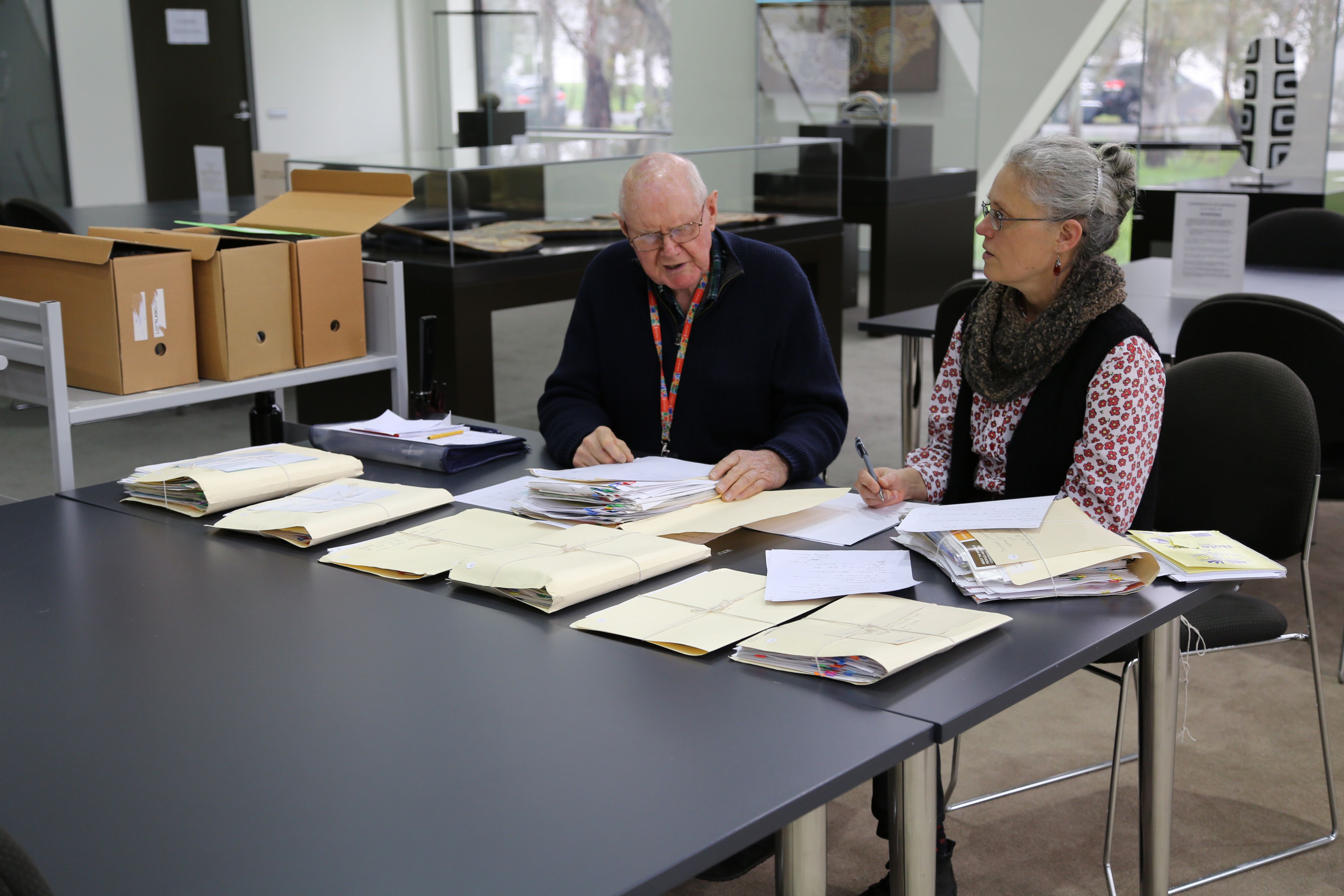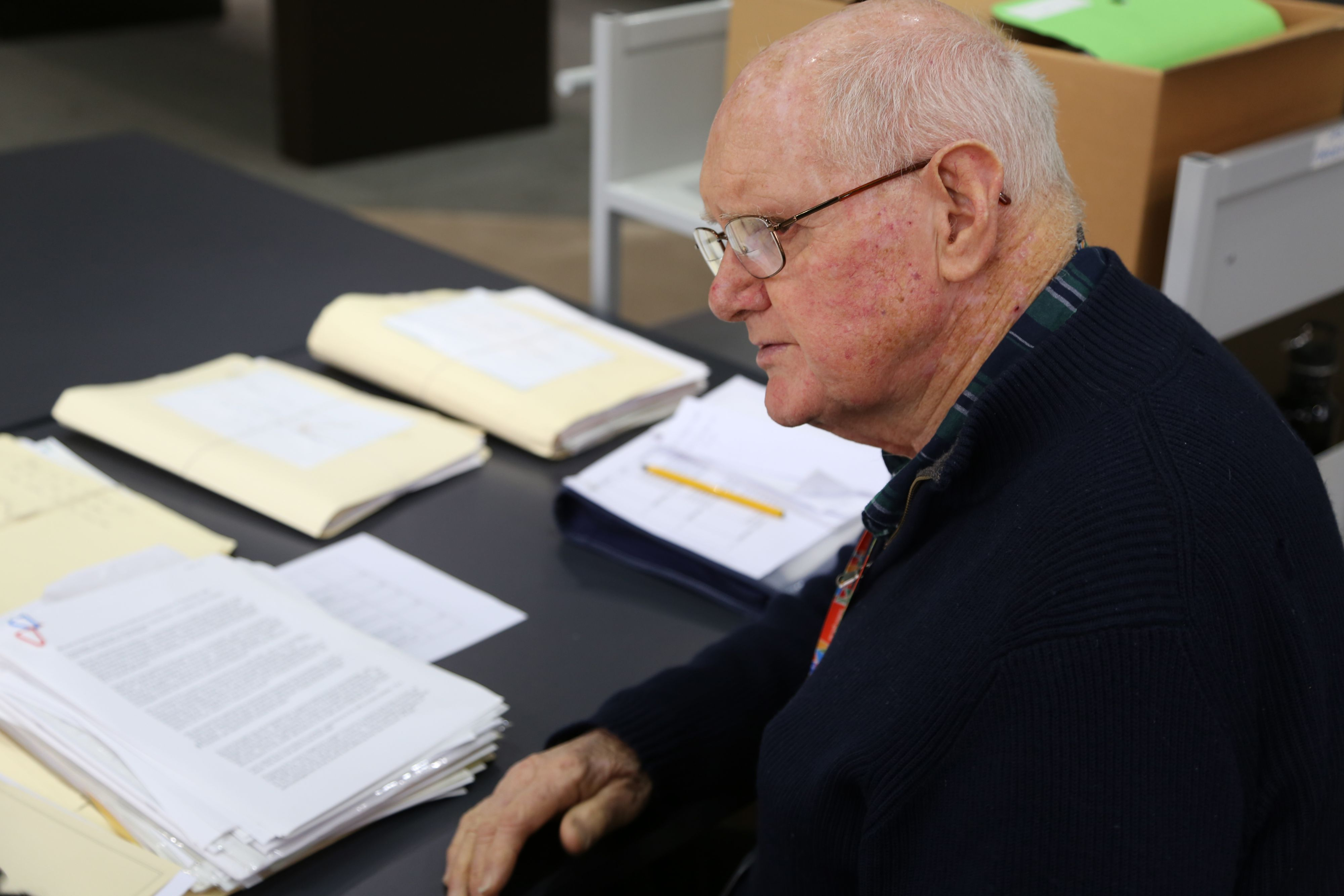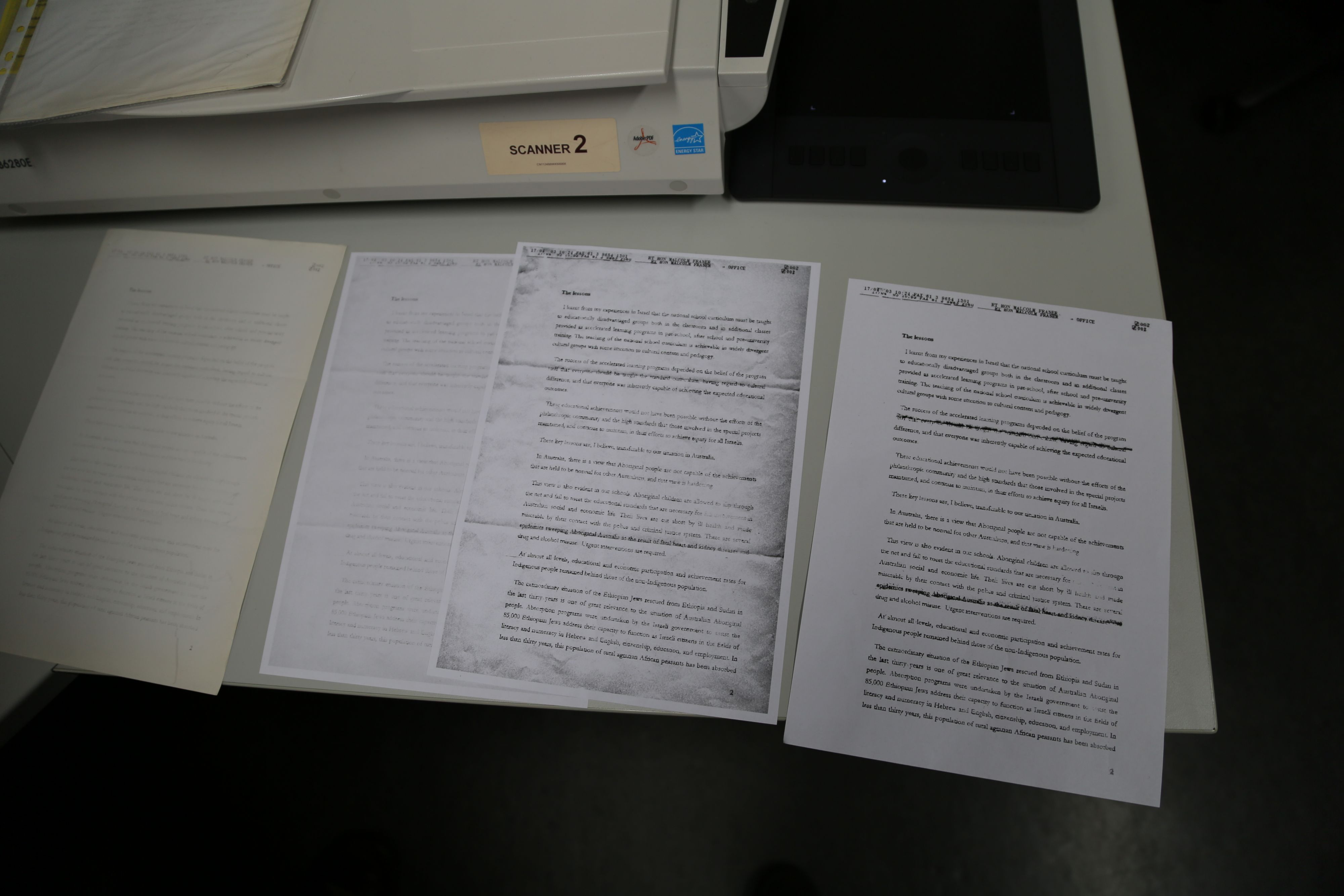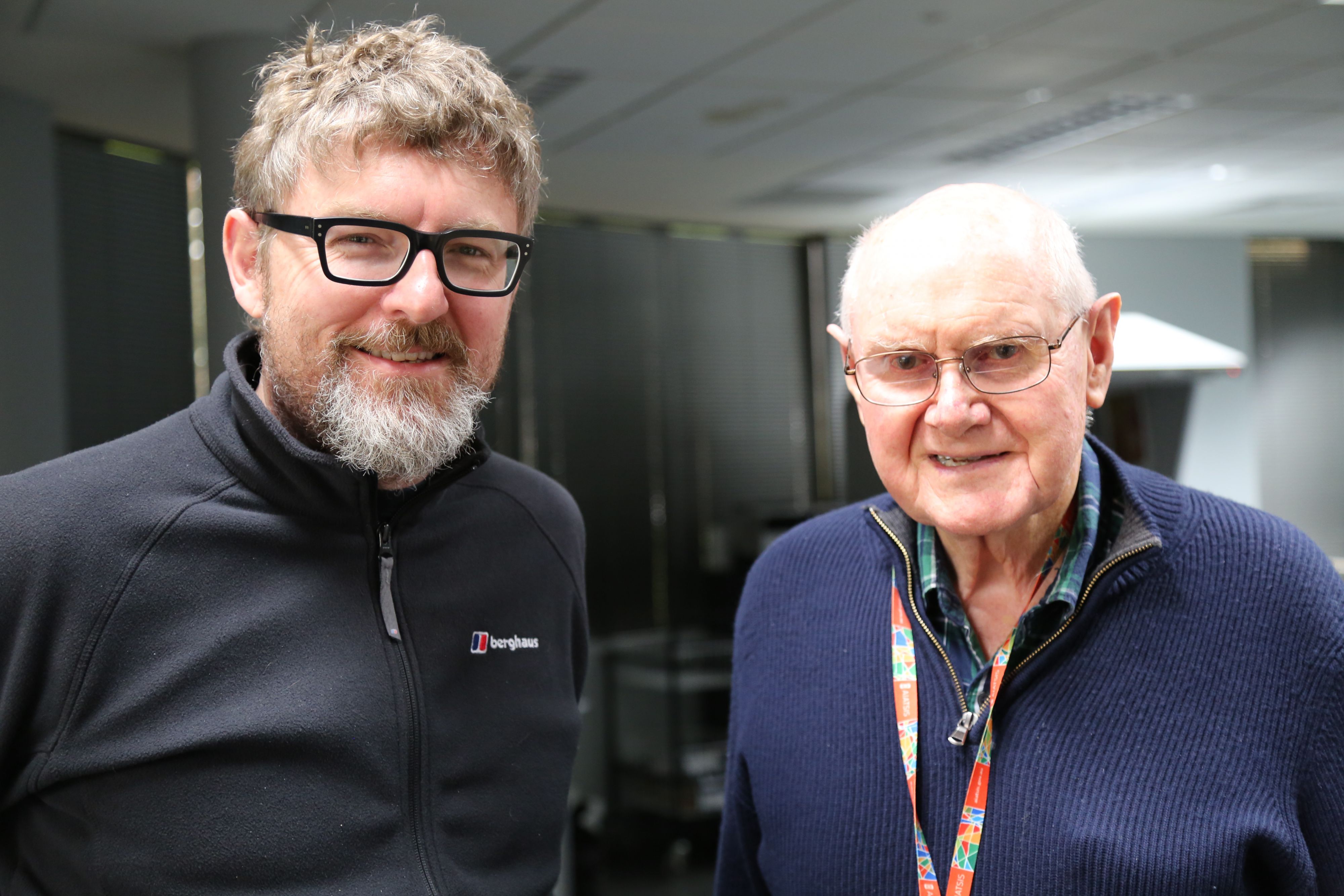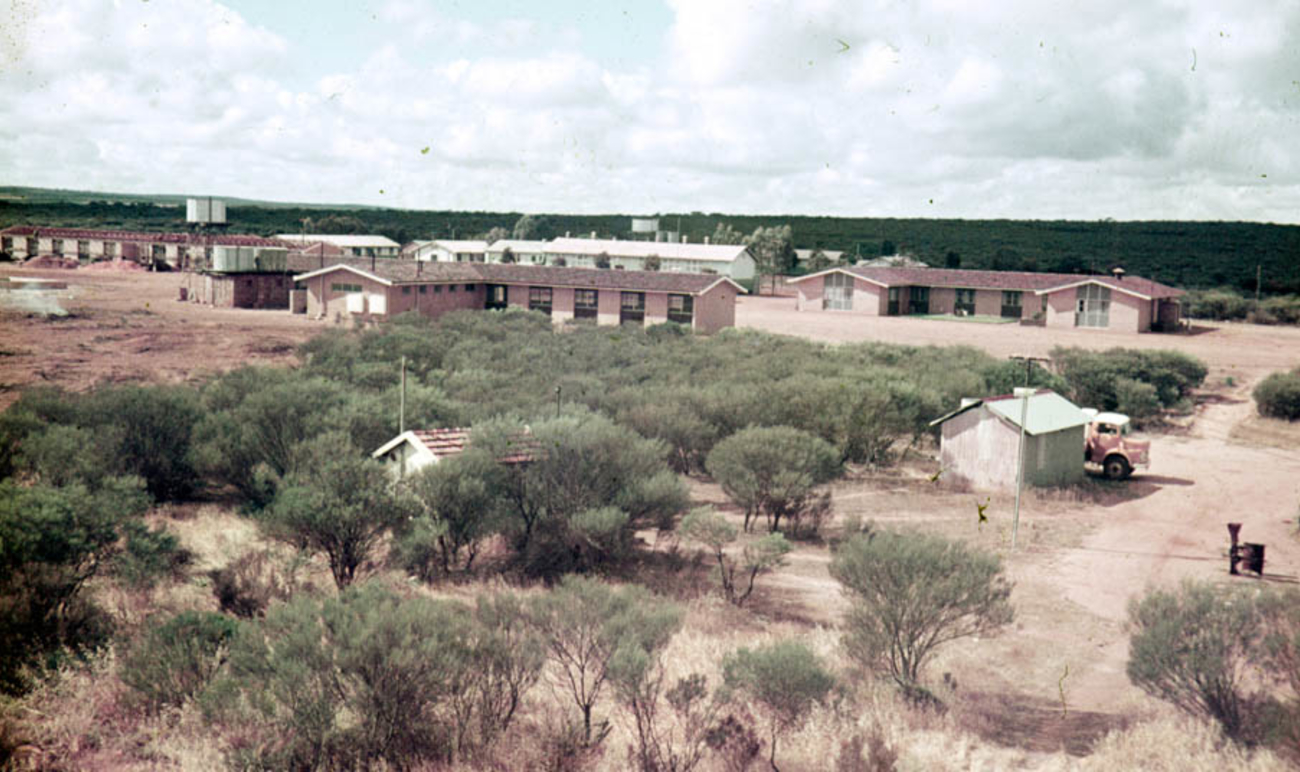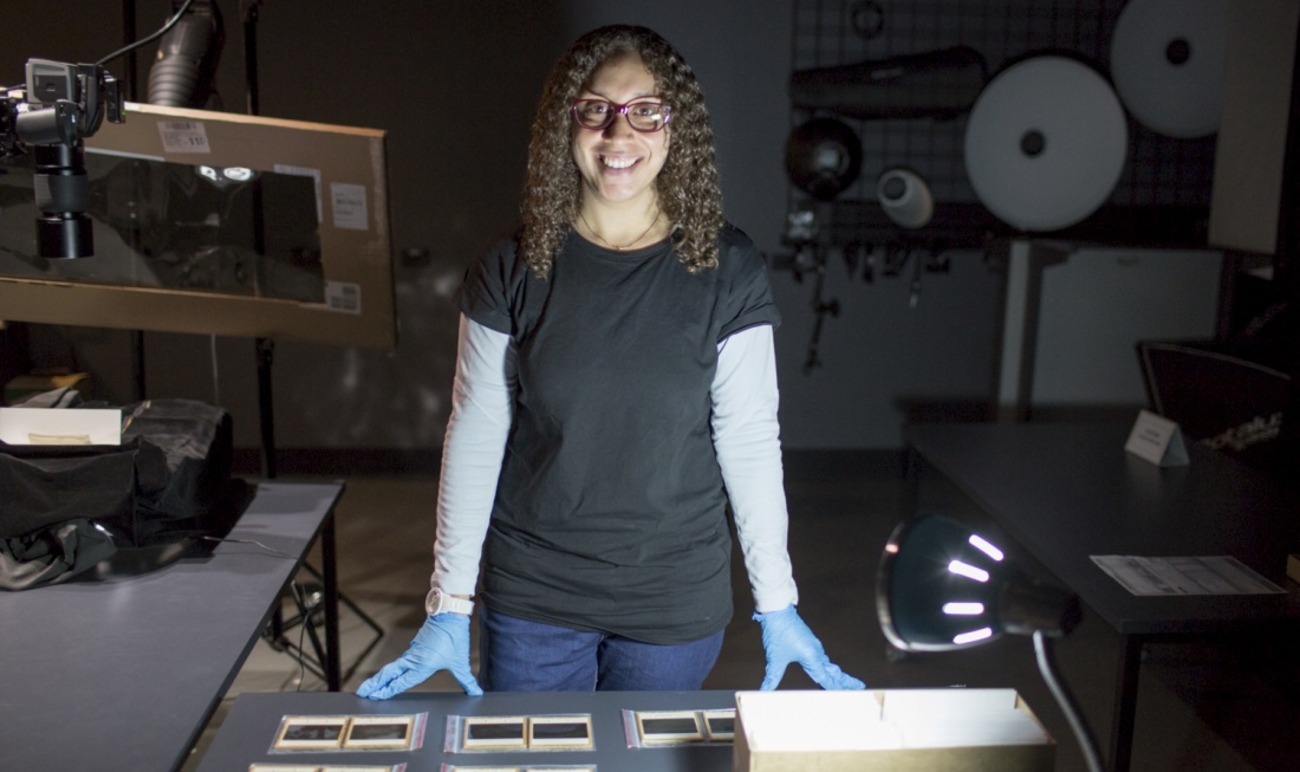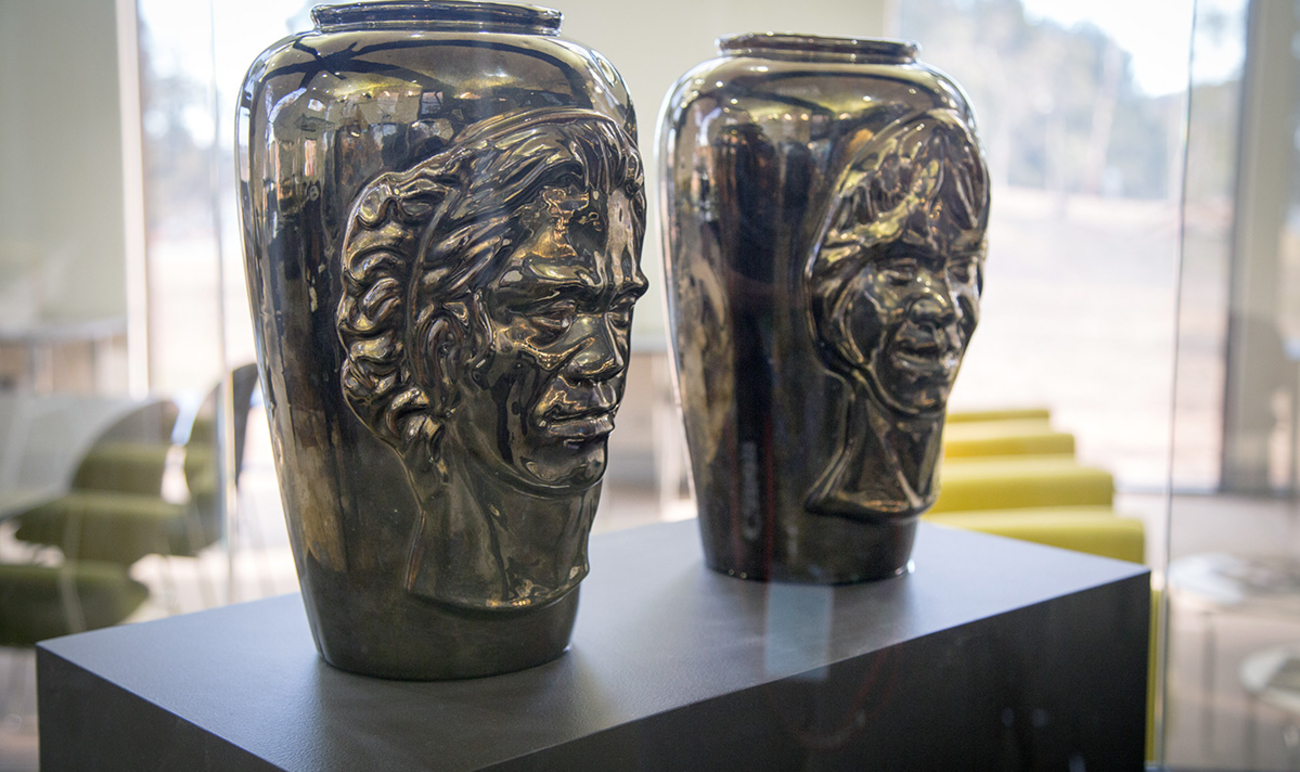In June 2016, Reverend Dr John P Brown donated his working files from the time he was the non-Indigenous Co-Chair of the National Sorry Day Committee, to AIATSIS. He held this position from 1998 – 2005, a period of great effort on the part of the Committee to establish Sorry Day commemorative events throughout Australia.
In 1997, Ronald Wilson, President of the Human Rights and Equal Opportunity Commission, and Mick Dodson, Aboriginal and Torres Strait Islander Social Justice Commissioner, delivered Bringing them home; Report of the National Enquiry into the Separation of Aboriginal and Torres Strait Islander Children from Their Families. The National Sorry Day Committee formed to address two recommendations from that report:
Acknowledgement and apology – Churches and others
6. That churches and other non-government agencies which played a role in the administration of the laws and policies under which Indigenous children were forcibly removed acknowledge that role and in consultation with the Aboriginal and Torres Strait Islander Commission make such formal apologies and participate in such commemorations as may be determined.
Commemoration
7a. That the Aboriginal and Torres Strait Islander Commission, in consultation with the Council for Aboriginal Reconciliation, arrange for a national ‘Sorry Day’ to be celebrated each year to commemorate the history of forcible removals and its effects. (Bringing them home, p. 652)
Reverend Brown was working for the Uniting Church Aboriginal and Islander Christian Congress when Bringing them home was released. His work entailed travelling around Australia to facilitate dialogue between parishes and their Aboriginal or Torres Strait islander communities. There were two themes in the many conversations he had with Aboriginal and Torres Strait Islander people during these travels: massacres of Aboriginal people during colonial times, and the loss of the children taken into ‘care’. Immediately on release of Bringing them home, Reverend Brown expressed his willingness to be involved in establishing a citizens’ committee of Aboriginal and non-Aboriginal people to establish Sorry Day and begin a journey of healing. The group formed in late 1997; Reverend Brown became the non-Indigenous Co-Chair in 1998, after the first non-Indigenous Co-Chair had to step down. For the next seven years, Reverend Brown worked with Carol Kendall and then Audrey Ngingali Kinnear, the Indigenous Co-Chairs.
Reverend Brown’s donation, MS 5089 Reverend John P Brown; National Sorry Day Committee 1998-2005 conveys the magnitude of the work the committee undertook. For years they coordinated Sorry Day activities around the country, which was named the Journey of Healing from 1999. They advocated for churches to acknowledge the harm done, often unwittingly, by taking children away from their families. They campaigned for the Federal government to make an apology to the Stolen Generations, following the example of the many Australians who signed Sorry Books, and the state and territory governments which apologised for the forced removal of Indigenous children. Initially established to coordinate a national Sorry Day, the group’s activity broadened over time to include campaigning for the implementation of all the Bringing them home recommendations.
Key committee members travelled a lot during these years, listening to Aboriginal and Torres Strait Islanders, meeting with reconciliation groups and supporting the development of Journey of Healing events. Reverend Brown said that a lot of the time all that was required was “to listen with a bit of empathy.” I am sure many people around the country have seen Reverend Brown sitting like this, doing exactly that, actively listening with a bit of empathy.
AIATSIS holds over 500 Sorry Books; 461 these have been placed on the UN Australian Memory of the World Register. MS 5089 stands alongside the Sorry Book outpouring of regret on the part of ordinary Australians. It demonstrates the staunch determined work of another group of ordinary Australians, Indigenous and non-Indigenous, to “help Aboriginal people receive into their inner beings the apologies made by white Australians and begin to heal”, in Reverend Brown’s words. For Reverend Brown, the potential of the Committee’s work was demonstrated early in this period, when the Mutijulu community hosted a ‘Welcome Home’ ceremony at Uluru. Reverend Brown remembers key Aboriginal leaders who had themselves been removed, dancing at this event.
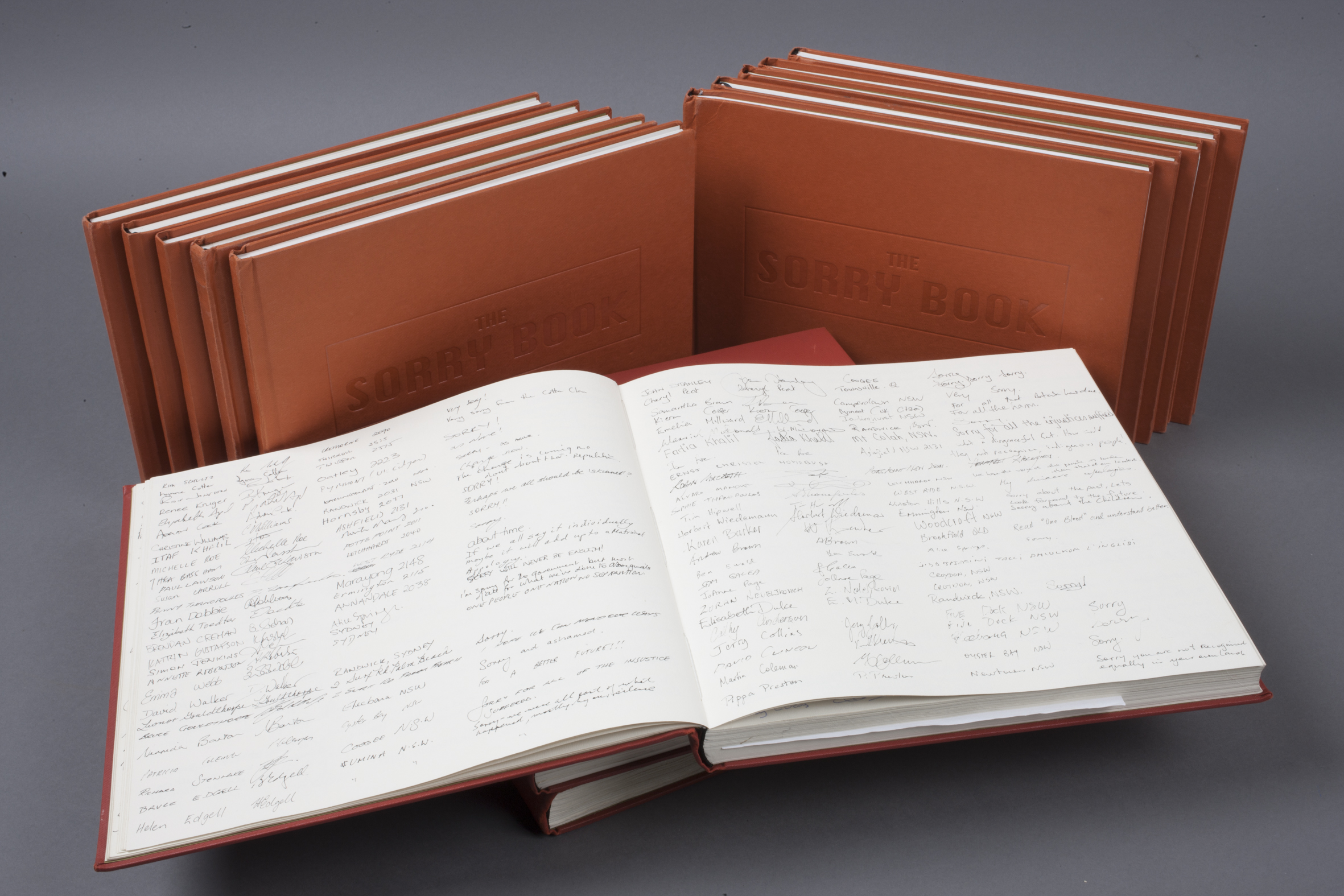
Over 500 Sorry Books have now been donated to AIATSIS for preservation. In 2004, the original collection of 461 Sorry Books were inscribed on the UNESCO Australian Memory of the World Register in recognition of their historical and social significance.
Over 500 Sorry Books have now been donated to AIATSIS for preservation. In 2004, the original collection of 461 Sorry Books were inscribed on the UNESCO Australian Memory of the World Register in recognition of their historical and social significance.
Preparing the collection for use entailed some rescue work. Some of the documents were on fax paper which had faded to near blankness since they were created. The print digitisation team were able to recreate text so that, for example, what appeared from a fax that we knew had come from Malcolm Fraser’s office (and that was all we knew) was the Arnold Leibler Bloch speech given by Marcia Langton in 2003 (available in MS 5089/1/15).
Thanks to Reverend Brown for the donation and for sitting with Fiona Blackburn to give a context to the Committee’s work and MS 5089. His knowledge informs the finding aid and this post. Thanks, most importantly, to him and the committee for contributing so much to healing the damage of past policies and actions.
